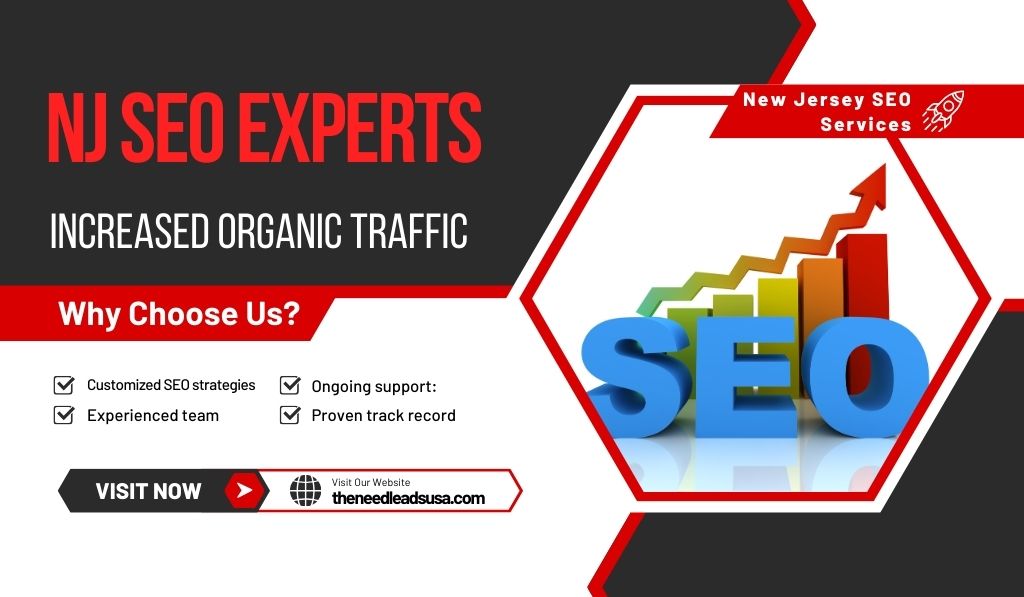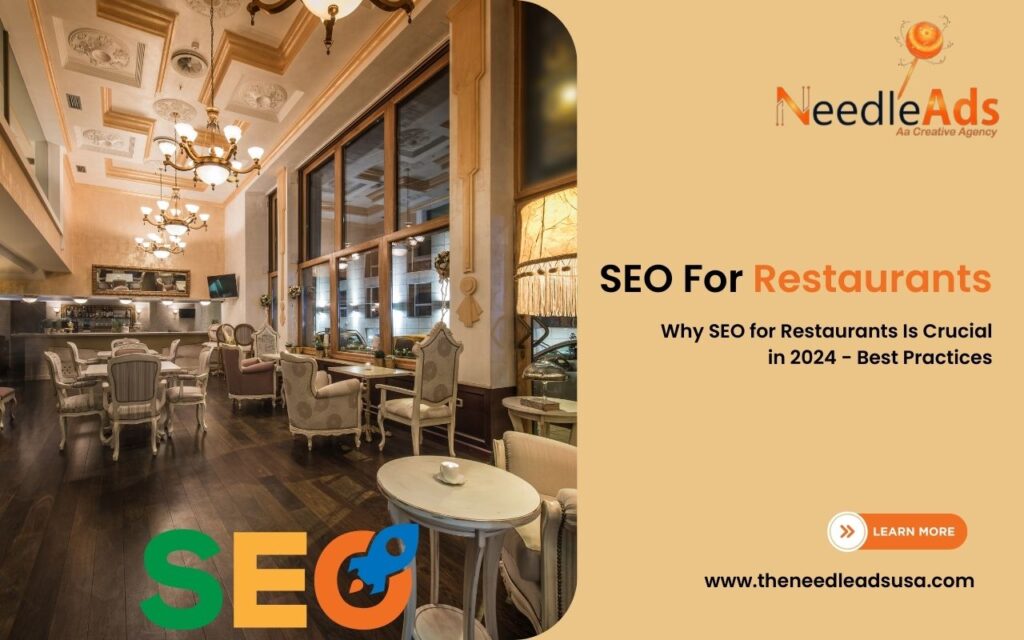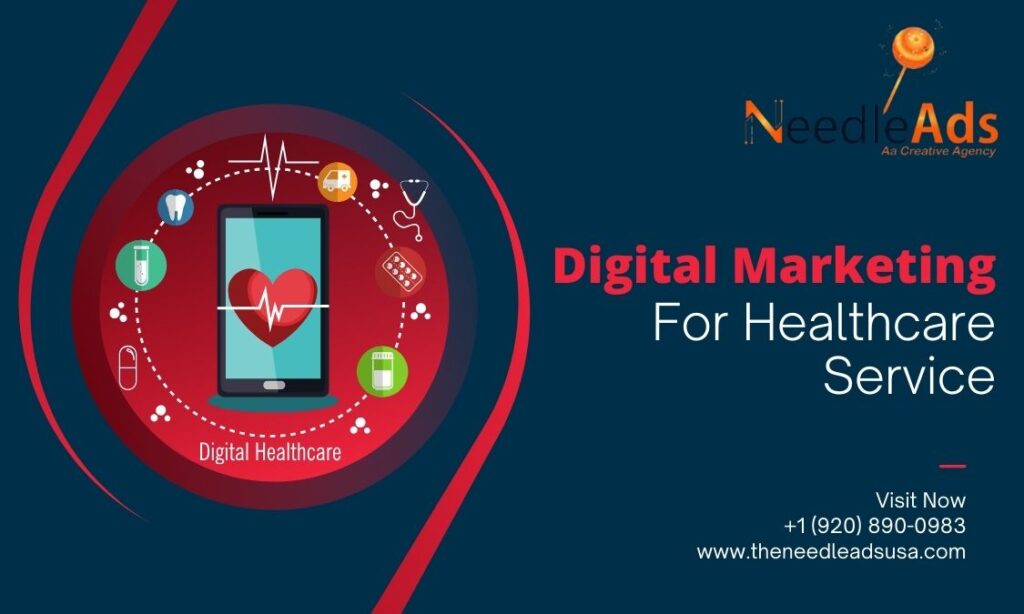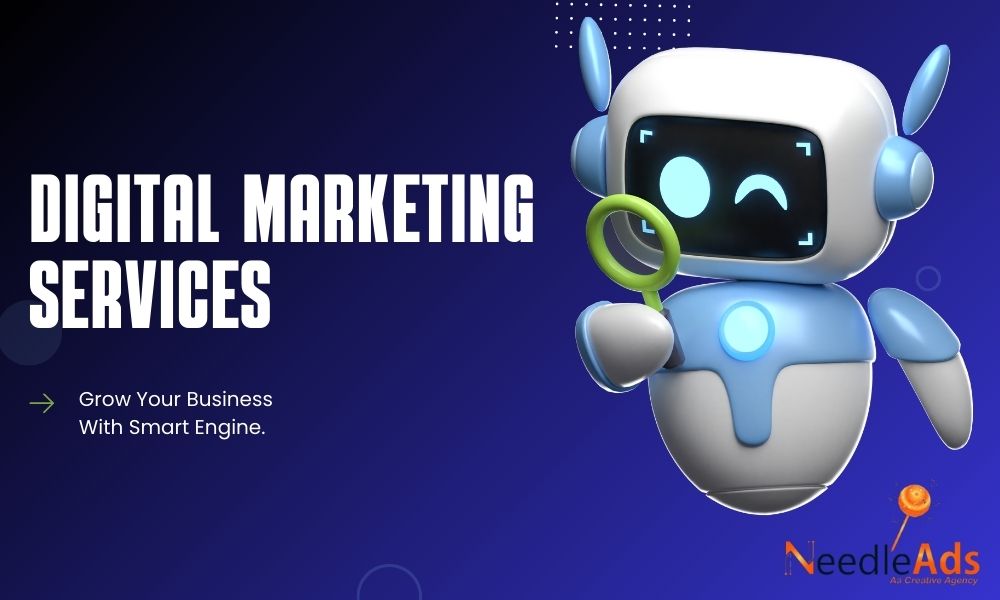In the competitive world of home services, businesses ranging from plumbing and HVAC to landscaping and cleaning are all vying for the attention of potential customers. The key to staying ahead in this industry is generating high-quality leads consistently. As we move into 2024, the digital landscape continues to evolve, and so do the strategies for effective lead generation. This article explores the top digital marketing services tailored for home service lead generation, ensuring your business attracts, engages, and converts more customers.
Understanding Home Service Lead Generation
Lead generation is the process of attracting and converting strangers and prospects into someone who has indicated interest in your company’s service. For home service businesses, this could mean capturing the attention of homeowners or property managers who need your expertise. The goal is to build a steady pipeline of potential clients who are not only interested in your services but are also likely to convert into paying customers.
Effective lead generation for contractors involves a mix of traditional marketing tactics and modern digital strategies. In 2024, the focus is increasingly on digital marketing, where online visibility and engagement play a critical role in attracting leads.
1. The Role of Digital Marketing in Home Service Lead Generation
Digital marketing has become the cornerstone of lead generation for home services. With more people turning to the internet to find local service providers, having a strong online presence is non-negotiable. Here are the core components of digital marketing for home services:
a. Search Engine Optimization (SEO)
SEO is the process of optimizing your website to rank higher in search engine results pages (SERPs). For home service businesses, this is crucial because most customers search for services like “plumber near me” or “best HVAC company” online. By optimizing your website with relevant keywords and creating high-quality content, you can improve your visibility on search engines.
- Local SEO: Focus on optimizing your website for local searches. This includes setting up and optimizing your Google Business Profile, acquiring local backlinks, and ensuring your name, address, and phone number (NAP) are consistent across all online platforms. Local SEO is a critical component of home services digital marketing as it targets customers in your service area.
- Content Marketing: Creating valuable content that addresses the needs and questions of your target audience can drive organic traffic to your website. Blog posts, how-to guides, and informative videos not only help with SEO but also position your company as an authority in your field.
b. Pay-Per-Click Advertising (PPC)
PPC advertising allows you to place ads on search engines and pay only when someone clicks on your ad. Google Ads is the most popular platform for this, enabling you to target specific keywords related to your services. For example, you can bid on keywords like “emergency plumbing services” or “affordable lawn care” to ensure your business appears at the top of the search results.
PPC is an effective lead generation tool because it provides immediate visibility. Unlike SEO, which takes time to build, PPC can generate leads as soon as your ads go live. It’s particularly useful for contractors looking to attract leads quickly, such as during peak seasons or when launching a new service.
c. Social Media Marketing
Social media Marketing like Facebook, Instagram, and LinkedIn offer powerful ways to connect with your audience and generate leads. These platforms allow you to showcase your work, share customer testimonials, and engage with potential clients in real-time.
- Facebook Ads: With Facebook’s advanced targeting options, you can create ads that reach homeowners in specific locations, age groups, or interests. Whether you’re promoting a seasonal discount or a new service, Facebook ads can drive targeted traffic to your website.
- Instagram: As a visually-driven platform, Instagram is perfect for home service companies to showcase before-and-after photos of their work. Regular posting and engagement can help you build a loyal following and attract leads.
- LinkedIn: For B2B home services, LinkedIn is an ideal platform to connect with property managers, real estate agents, and other businesses that might require your services. Sharing industry insights and connecting with decision-makers can lead to valuable business opportunities.
d. Email Marketing
Email marketing remains one of the most cost-effective digital marketing strategies. It allows you to nurture leads by sending personalized content, special offers, and updates directly to their inboxes.
For home service businesses, building an email list is crucial. You can collect emails through your website, social media, or during service calls. Once you have a list, segment it based on customer preferences or service history and send targeted campaigns that resonate with their needs. For instance, a seasonal maintenance reminder for HVAC services can be highly effective in generating repeat business.
2. Effective Lead Generation Tools for Home Services
To optimize your lead generation efforts, it’s essential to use the right tools. These tools help automate processes, track performance, and improve overall efficiency. Here are some of the most effective lead generation tools for home services:
a. Customer Relationship Management (CRM) Systems
A CRM system helps manage your interactions with current and potential customers. It stores all your customer information in one place, tracks leads, and monitors interactions. For home service companies, a CRM can automate follow-ups, schedule appointments, and even send personalized emails based on customer behavior.
- HubSpot CRM: HubSpot offers a free CRM that includes tools for email marketing, lead management, and reporting. It’s user-friendly and integrates well with other marketing tools, making it ideal for small to medium-sized businesses.
- Salesforce: Salesforce is a more advanced CRM with robust features for larger home service companies. It offers customizable dashboards, lead scoring, and in-depth analytics to track your lead generation efforts.
b. Lead Capture Forms and Landing Pages
Lead capture forms and landing pages are essential for converting website visitors into leads. These tools allow you to collect information such as names, email addresses, and phone numbers, which can be used for follow-ups.
- Leadpages: Leadpages is a tool that allows you to create high-converting landing pages and pop-ups without any coding knowledge. It integrates with CRM systems and email marketing platforms, making it easier to capture and manage leads.
- OptinMonster: OptinMonster is a powerful lead generation tool that offers a variety of form types, including pop-ups, slide-ins, and floating bars. It’s highly customizable and can be used to target specific segments of your audience.
c. Call Tracking and Analytics
Understanding where your leads are coming from is crucial for optimizing your marketing strategies. Call tracking tools help you attribute phone calls to specific marketing campaigns, keywords, or ads.
- CallRail: CallRail is a call tracking and analytics tool that provides insights into which marketing channels are driving phone calls. It also records calls, allowing you to analyze conversations and improve your customer service.
- Google Analytics: While not a dedicated call tracking tool, Google Analytics can be integrated with call tracking software to provide a comprehensive view of your lead generation efforts. You can track website traffic, conversion rates, and other key metrics to see what’s working and what’s not.
3. SEO Strategies for Home Service Companies
Search Engine Optimization (SEO) is a critical component of digital marketing for home services. In 2024, SEO strategies are more sophisticated and data-driven than ever. Here are some key SEO strategies to boost your home service lead generation:
a. Keyword Research and Optimization
Keyword research is the foundation of any SEO strategy. Identify the keywords and phrases that potential customers are using to search for your services. Tools like Google Keyword Planner, Ahrefs, and SEMrush can help you find high-traffic, low-competition keywords.
- Long-Tail Keywords: Focus on long-tail keywords that are specific to your services and location. For example, instead of targeting “plumber,” you might target “emergency plumber in [Your City].” Long-tail keywords are less competitive and more likely to attract qualified leads.
- On-Page SEO: Optimize your website’s on-page elements, including meta titles, descriptions, headers, and images. Ensure that your content is keyword-rich but also natural and engaging. On-page SEO not only helps with search engine rankings but also enhances user experience.
b. Local SEO and Google Business Profile Optimization
Local SEO is essential for home service businesses because most customers search for services within their area. Optimizing your Google Business Profile (GBP) is one of the most effective ways to improve your local SEO.
- Complete Your GBP: Make sure your GBP is fully completed with accurate information, including your business hours, address, phone number, and services offered. Add high-quality photos of your work and encourage satisfied customers to leave reviews.
- Local Citations: Consistency is key when it comes to local citations. Ensure that your NAP information is consistent across all online directories, such as Yelp, Angie’s List, and local Chamber of Commerce websites. Inconsistent information can hurt your local search rankings.
c. Content Marketing and Blogging
Content marketing is not just about creating content; it’s about creating content that resonates with your audience and drives them to take action. Blogging is one of the most effective ways to achieve this.
- Answer Common Questions: Use your blog to answer common questions or solve problems that your potential customers might have. For example, a roofing company could write a blog post on “How to Prepare Your Roof for Winter” or “Signs Your Roof Needs Repair.”
- Optimize for SEO: Ensure that your blog posts are optimized for SEO by including relevant keywords, internal links, and engaging images. Additionally, make your content shareable on social media to increase its reach.
4. Social Proof and Online Reviews
In the home services industry, trust is paramount. Potential customers often rely on reviews and testimonials before making a decision. Building and maintaining a strong online reputation is crucial for lead generation.
a. Encourage Positive Reviews
Encourage your satisfied customers to leave positive reviews on platforms like Google, Yelp, and Facebook. Positive reviews not only improve your local SEO but also build trust with potential customers.
b. Showcase Testimonials
Add customer testimonials to your website, social media profiles, and marketing materials. Testimonials serve as social proof, showing potential clients that others have had a positive experience with your services.
c. Respond to Reviews
Always respond to reviews, both positive and negative. Acknowledging positive reviews shows appreciation, while addressing negative reviews demonstrates your commitment to customer satisfaction. How you handle reviews can significantly impact your online reputation and, consequently, your lead generation efforts.
Conclusion
As we move into 2024, digital marketing continues to play a pivotal role in home service lead generation. By implementing effective SEO strategies, leveraging social media, utilizing the right lead generation tools, and building a strong online reputation, home service businesses can attract and convert more leads than ever before. Whether you’re a contractor or a service provider, staying ahead of the competition requires a well-rounded and continuously optimized digital marketing strategy. By focusing on these top strategies, your business will be well-positioned for success in the year ahead.























